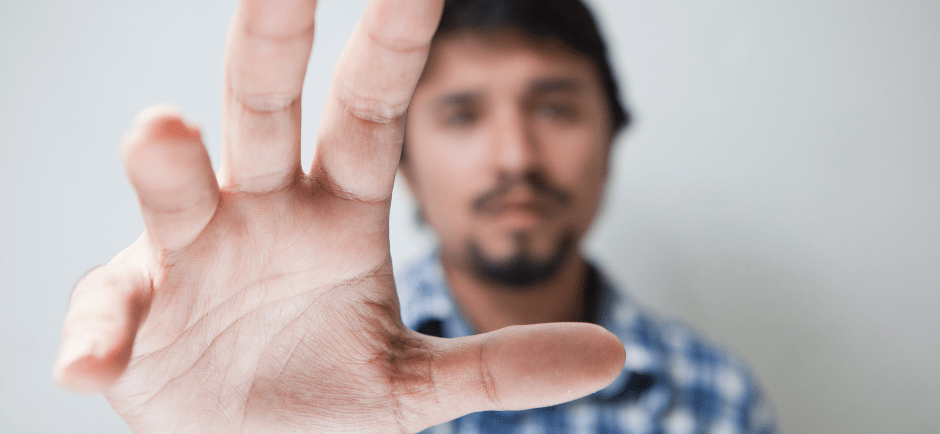Understanding the Intersection of Pornography Addiction and Grief
Gain insight into the connection between pornography addiction and grief, and learn how to navigate these complex emotions for a healthier recovery and healing process.


The Intersection of Pornography Addiction and Grief
When discussing addiction, it is important to recognize that it can manifest in various forms. One such form is pornography addiction, which is often overlooked or stigmatized. However, it is crucial to understand the underlying factors that contribute to this addiction, including unresolved grief or loss.
Unresolved Grief and Pornography Addiction
Grief is a natural response to loss, and it can take many forms. Whether it is the loss of a loved one, a relationship, or even a sense of identity, grief can deeply impact an individual's emotional well-being. In some cases, individuals turn to unhealthy coping mechanisms, such as pornography, to numb their pain or fill the void left by their loss.
Unresolved grief can create a cycle of emotional distress, leading individuals to seek solace in pornography as a means of escape. Pornography provides a temporary distraction from the pain and emptiness they may be experiencing. However, this escape is short-lived and can ultimately exacerbate the addiction and intensify feelings of guilt and shame.
It is important to note that not everyone who experiences grief will develop a pornography addiction. However, for those who are already vulnerable to addictive behaviors, unresolved grief can be a contributing factor.
Interventions for Processing Grief and Building Emotional Resilience
Recognizing the connection between unresolved grief and pornography addiction is the first step towards recovery. Here are some interventions that can help individuals process their grief and build emotional resilience:
1. Therapy and Counseling
Seeking professional help through therapy and counseling can provide a safe and supportive environment for individuals to explore their grief. A trained therapist can help them navigate their emotions, identify underlying issues, and develop healthy coping strategies. Therapy can also address any distorted beliefs or negative self-perceptions that may be fueling the addiction.
2. Support Groups
Joining a support group specifically tailored to individuals struggling with grief and addiction can be immensely beneficial. These groups offer a sense of community and understanding, allowing individuals to share their experiences, learn from others, and receive support from people who have faced similar challenges. Support groups can provide a non-judgmental space where individuals can feel heard and validated.
3. Mindfulness and Self-Care
Practicing mindfulness techniques and prioritizing self-care can help individuals manage their emotions and reduce the urge to turn to pornography as a coping mechanism. Engaging in activities that promote self-care, such as exercise, meditation, journaling, or spending time in nature, can provide healthier outlets for emotional release and healing.
4. Building Healthy Relationships
Developing and nurturing healthy relationships is crucial for individuals in recovery from pornography addiction and unresolved grief. Building a support network of trusted friends and family members can provide a sense of connection and belonging. It is important to surround oneself with individuals who are understanding and supportive, as they can offer encouragement and accountability throughout the recovery process.
5. Education and Awareness
Increasing awareness about the intersection of pornography addiction and unresolved grief is essential for breaking the stigma surrounding both issues. Education can help individuals understand the underlying factors that contribute to addiction and provide insights into healthier coping mechanisms. By promoting open and honest discussions, society can create an environment that supports individuals in their journey towards recovery.
Conclusion
Addressing the intersection of pornography addiction and unresolved grief is crucial for supporting individuals in their recovery journey. By recognizing the underlying factors that contribute to addiction and implementing interventions for processing grief and building emotional resilience, individuals can break free from the cycle of addiction and find healthier ways to cope with their loss. It is important to remember that recovery is a personal and unique process, and seeking professional help and support is essential for long-term healing.


